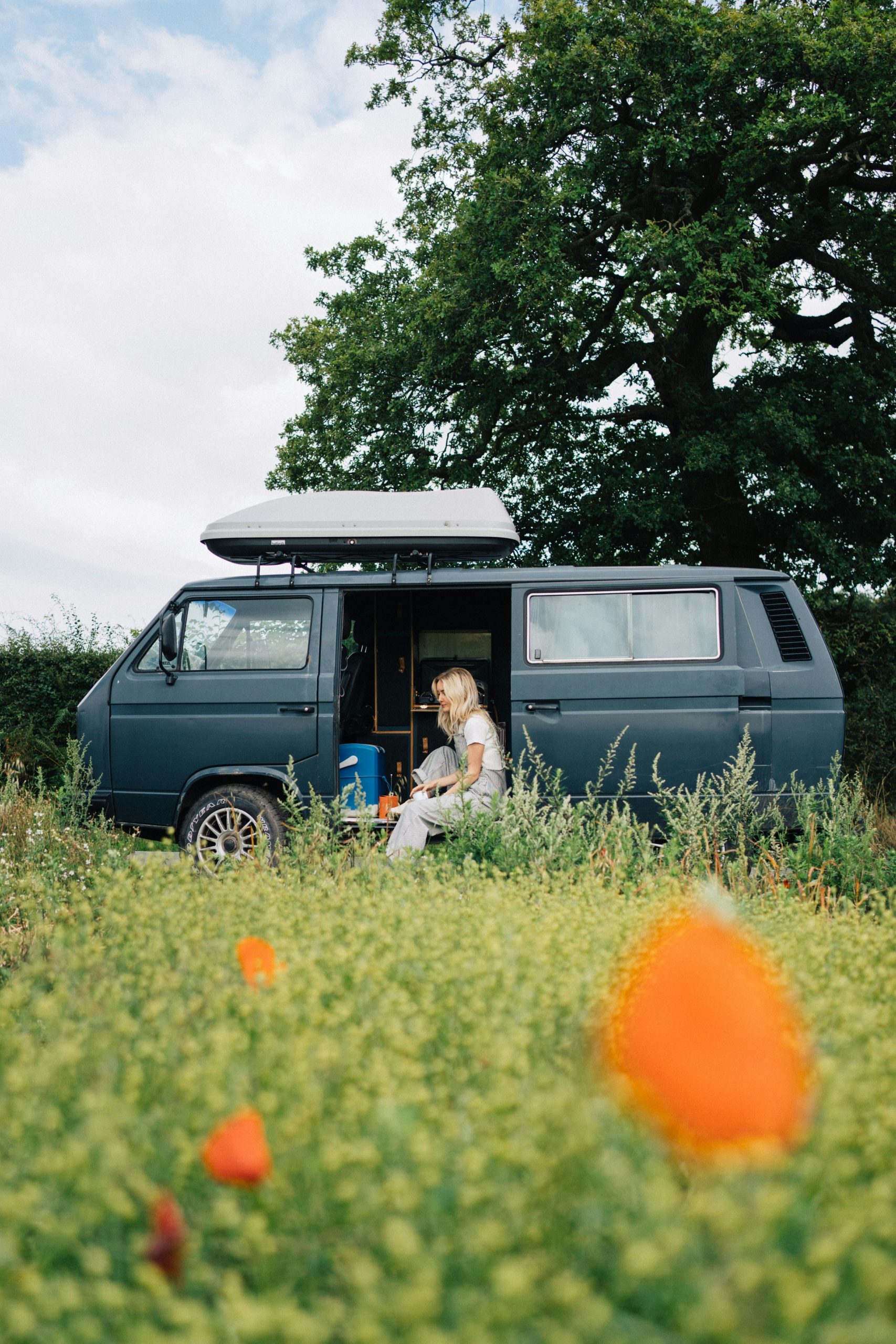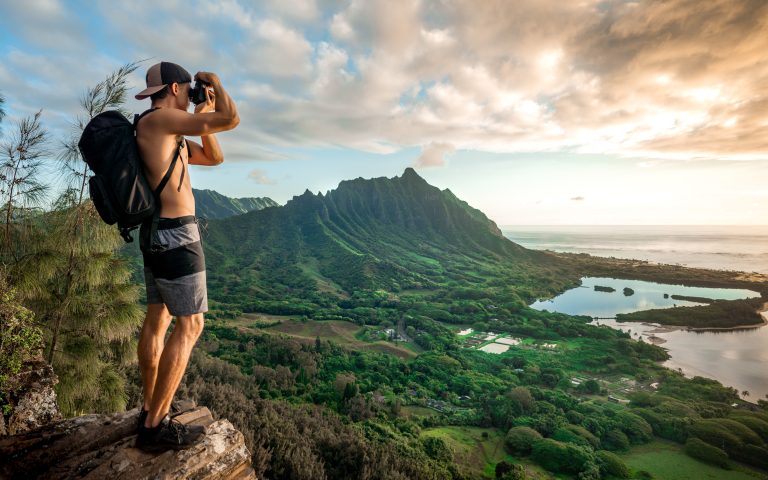The Benefits of Solo Travel and How to Start Planning
Solo travel can be one of the most rewarding and transformative experiences of your life. It offers the freedom to explore new places, discover yourself, and embrace independence. Whether you’re seeking personal growth, adventure, or just a break from routine, solo travel can be deeply fulfilling. Here’s a breakdown of the benefits and tips for planning your first solo trip.
Benefits of Solo Travel
1. Personal Growth and Self-Discovery
- Embrace Independence: Traveling alone challenges you to become more self-reliant. You make decisions, solve problems, and navigate unfamiliar situations on your own.
- Build Confidence: Overcoming the challenges of solo travel, whether it’s managing transportation or communicating in a foreign language, boosts self-confidence.
- Learn About Yourself: Solo travel gives you space to reflect on your life, values, and goals. It’s an opportunity to reconnect with yourself without distractions.
2. Freedom and Flexibility
- Choose Your Own Adventure: Without the need to compromise with travel companions, you have complete control over your itinerary. You can choose where to go, what to see, and when to rest.
- Spontaneity: With no one else’s preferences to consider, you can change your plans at a moment’s notice, exploring hidden gems or staying longer in places you love.
3. Enhanced Cultural Immersion
- Engage More with Locals: When you’re traveling alone, you’re more likely to interact with locals and fellow travelers, leading to authentic cultural experiences.
- Deepen Understanding: Without the comfort of familiar faces, you’re pushed to fully immerse yourself in new environments, learning about different customs, languages, and perspectives.
4. Peace and Quiet
- Escape from Routine: Solo travel offers a break from the daily grind and the opportunity to unwind, reset, and recharge.
- Time for Reflection: With no one else’s opinions to consider, solo travel allows you to focus on your thoughts and goals, offering peace of mind and clarity.
5. Empowerment and Resilience
- Problem Solving: Traveling solo often presents unexpected challenges, whether it’s dealing with language barriers, navigating transportation, or changing plans. Overcoming these hurdles builds resilience.
- Sense of Accomplishment: The satisfaction of successfully navigating a new place on your own leaves you with a sense of pride and accomplishment.
How to Start Planning a Solo Trip
1. Choose Your Destination Wisely
- Start Small: If it’s your first solo trip, consider starting with a destination where solo travel is common and relatively safe. Cities with well-developed infrastructure (e.g., Japan, Iceland, or certain European cities) can make the transition easier.
- Safety: Research the safety of your destination. Look into things like political stability, transportation options, and areas to avoid.
- Interest & Comfort Level: Choose a place that excites you, whether it’s a cultural hotspot, natural wonders, or a city that offers relaxation. Consider how comfortable you feel with the local language and customs.
2. Plan the Basics, But Leave Room for Flexibility
- Research Accommodations: Find safe and centrally located accommodations, such as hostels, guesthouses, or Airbnb. Many hostels cater to solo travelers and are great for meeting other people.
- Itinerary & Activities: Plan a few must-see activities, but leave room for spontaneity. If you’re traveling to a place with a lot to offer, you can also ask locals or fellow travelers for recommendations once you’re there.
- Solo Travel Groups or Tours: If you’re feeling unsure, consider joining a small group tour for a day or two to ease into the solo travel experience.
3. Pack Light and Smart
- Essentials Only: Since you’ll be on your own, you don’t want to carry heavy luggage. Pack only what you need, prioritizing versatile clothing and essential items.
- Travel Security: Invest in a secure backpack or money belt to keep your valuables safe, and be mindful of scams in tourist areas.
- Tech & Gadgets: Bring a power bank for your devices, a good camera, and adapters if needed. A travel guidebook or offline map app can be handy when navigating without internet access.
4. Stay Connected
- Communication Tools: Have a local SIM card or portable Wi-Fi device for easy communication. Apps like WhatsApp and Google Maps are helpful for navigating and staying in touch with family or friends.
- Check-In Regularly: Keep your family or friends updated on your whereabouts, especially if you’re going off the beaten path.
5. Embrace the Unknown
- Step Out of Your Comfort Zone: Solo travel often involves uncertainty and challenges, but embracing these moments is part of the adventure. Be open to new experiences and let go of the need to control everything.
- Be Adaptable: Things may not always go according to plan. A missed train or a closed museum can be disappointing, but it’s also an opportunity to discover something unexpected and exciting.
6. Stay Safe
- Research Local Customs: Be respectful of cultural norms, especially when it comes to dress codes, social etiquette, and behavior.
- Emergency Numbers: Know the local emergency contact numbers and have a list of embassies or consulates in case of emergencies.
- Trust Your Instincts: Always trust your gut feelings. If something feels off, remove yourself from the situation.
7. Enjoy the Journey
- Practice Mindfulness: Take time to enjoy the moment. Take photos, explore, and reflect on how you feel in the present.
- Meet Other Travelers: Solo travel is a great opportunity to meet like-minded people. Hostels, cafes, or local tours can be great places to make new friends.
- Stay in the Moment: Don’t rush through your trip. Sometimes, the most rewarding experiences happen when you slow down and take in your surroundings.
Additional Tips for Solo Travel
- Start with Day Trips: If you’re not sure about traveling solo for an extended period, begin with a weekend or day trip to nearby cities or destinations.
- Read Solo Travel Blogs: Learn from others’ experiences. Many solo travelers share valuable advice and tips on blogs or YouTube, from packing lists to safety tips.
- Solo Travel Journaling: Document your experiences, thoughts, and feelings along the way. It can be a therapeutic way to process the adventure and remember it in detail.
Final Thoughts
Solo travel opens up a world of opportunities for self-discovery, adventure, and personal growth. While it may seem intimidating at first, with the right planning and mindset, it can be one of the most rewarding experiences of your life. Take your time, stay safe, and embrace the freedom and joy that solo travel brings.
Would you like specific recommendations for solo travel destinations or tips on particular aspects of your trip?






